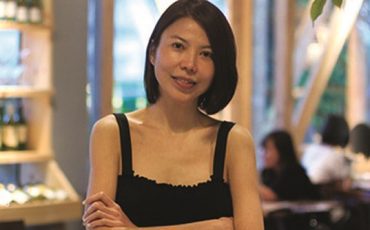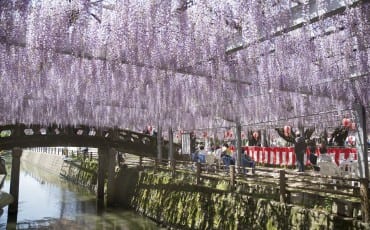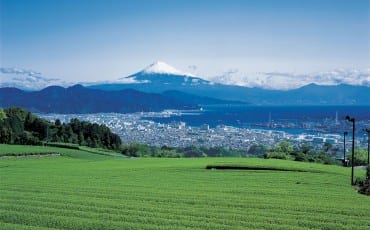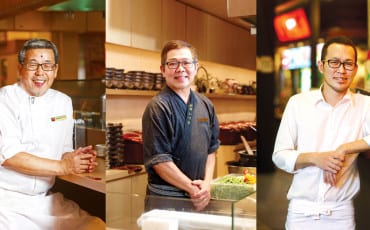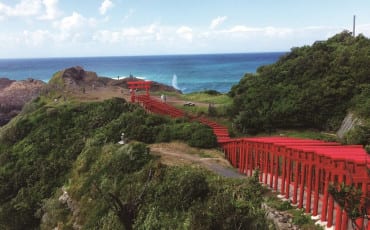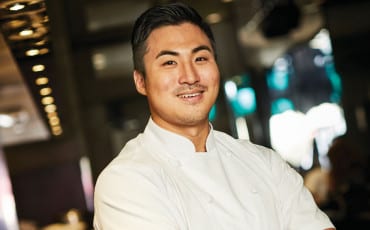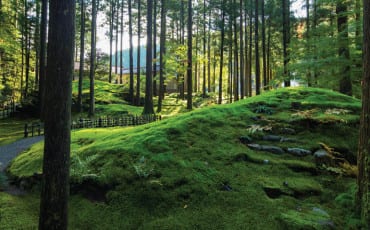- OISHII
- Articles
- Chefs Interview
- Japanese Cocktail Concoctions
Articles
Chefs Interview
Apr 1, 2015
Japanese Cocktail Concoctions
With cocktail bars mushrooming across the country, people in Singapore are spoiled for choice when it comes to cocktail options. But what exactly sets Japanese cocktails apart from the rest? We find out from 3 top Japanese mixologists.
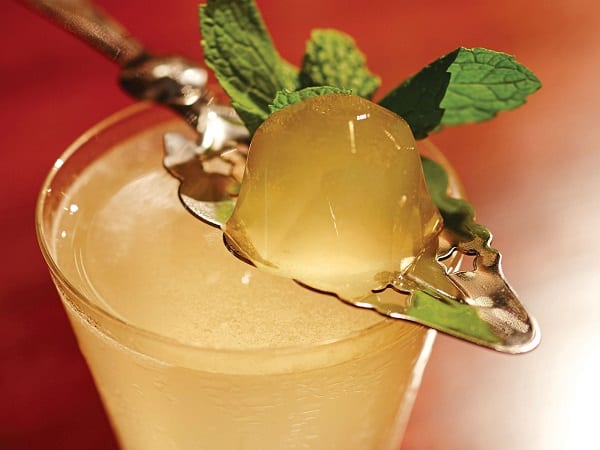
Forget your Mai Tais or Cosmopolitans. Discerning imbibers are now eschewing the usual suspects when it comes to cocktails and making a beeline for artisanal cocktails. Made with precision and ingénue, these designer concoctions are often prepared with homemade tinctures, exotic flowers or fancy molecular gastronomy-inspired techniques. Each drink is a work of art, from the painstaking selection of ingredients to the thoughtful presentation style. And of course, when it comes to elaborate rituals and rules, nobody does it better than the Japanese.
The Craft of Cocktails
When watching a Japanese mixologist at work, you can’t help but think of the Japanese term – “kodawari”. Translated loosely as striving for unreachable perfection through endless practice, repetition, and attention to detail, this trait is evident in each of the cocktail maestros featured in the following pages. In Japan, long apprenticeships are the norm for those pursuing high-level work. A trainee often has to spend years honing basic skills like free pouring or ice carving before they can even start preparing drinks.
Japanese culture favours balance and harmony, and this translates to Japanese cocktails as well. Each drink has to be well balanced, without any taste note standing out from the rest. Because of this desire for balance, you’ll notice the levels of alcohol in Japanese cocktail recipes tend to be slightly lower than Western recipes. Every detail of the drink is taken into consideration, from the colour (muted pastel hues are preferred) to the type of glassware used.
Every artisanal cocktail tells a story, and it’s fascinating to discover the amount of thought that goes into each tipple. The next time you pop by any of the three bars featured in the following pages, be sure to chat up your friendly mixologist and find out about the inspiration behind his art.
Aki Eguchi Bar Program Director,
Jigger & Pony and Sugarhall
Known for his clean and balanced cocktails, Aki Eguchi is a tour de force in the local mixology scene. He may only be 33 years old, but Eguchi has already won the prestigious Diageo Reserve World Class Singapore mixology competition twice in a row, and helms the bars at both Jigger & Pony and Sugarhall.
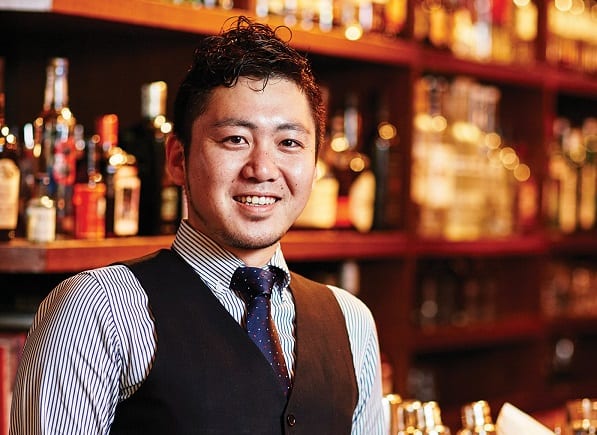
Tell us about your background.
I started bartending when I was 20 years old and living in Yokohama. Over the years, I’ve picked up different Japanese bartending techniques. In 2007, I decided to come to Singapore, as I wanted to try my hand at working overseas.
Share with us your experience of winning Diageo Reserve World Class Singapore in 2011 and 2012.
This is not just a cocktail competition; it’s a holistic bartending competition that includes both practical and theory aspects. We were tested on our speed of preparing cocktails, on our ability to create both classic and creative cocktails, and so on. In the months leading up to the competition, Diageo World Class was all I could think about, so I was elated when I won. I made a lot of friends during the competition and got to work with many famous bartenders from New York and London, which added to the excitement of winning.
How do you come up with new cocktail recipes?
I usually start with the base spirit that I want to work with. From there, I’ll think about the type of ingredients that pair well with the particular notes [of the spirit] and build the drink from there. Wherever I go , I’m always on the lookout for interesting ingredients.
What are some of your favourite ingredients to work with?
Because I’m Japanese, I usually try to incorporate Japanese ingredients such as sake, sakura, matcha, yuzu, and Japanese whisky. For example, one of the signature cocktails at Jigger & Pony is Sakura Sakura, which includes ingredients like sake and sakura syrup. It’s also garnished with sakura powder, which we prepare ourselves.
You’re known for using a lot of homemade ingredients in your cocktails. Can you tell us more?
We use over 30 homemade ingredients at Jigger & Pony and it usually takes us 1.5 days to prepare all the ingredients we need. For example, the milk punch we use at Jigger & Pony is a homemade concoction of milk vodka mixed with pineapple, passionfruit, spices, blended rum, and absinthe.
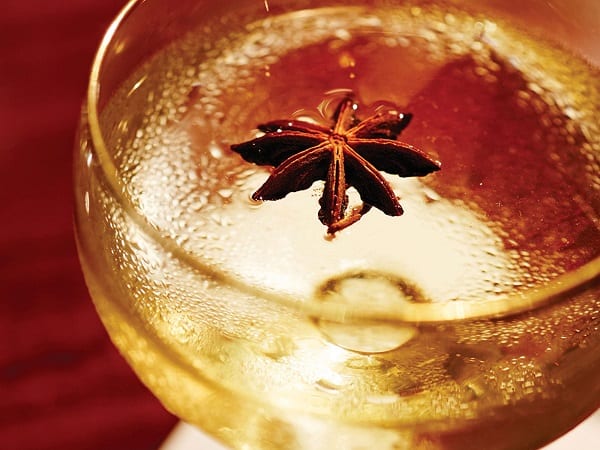
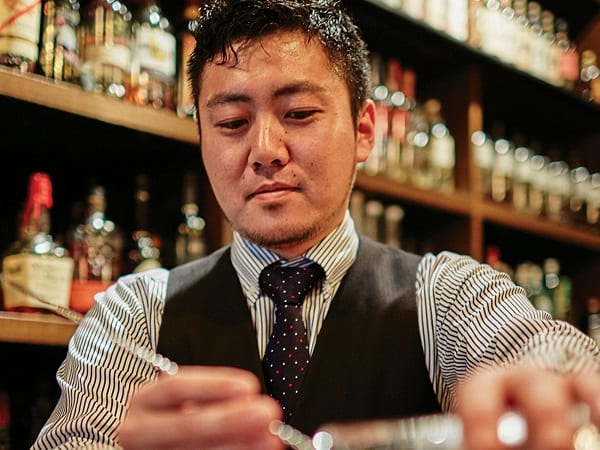
Jigger & Pony
101 Amoy Street, Tel: 6223 9101
Sugarhall
102 Amoy Street, Tel: 6222 9102
Kazuhiro Chii Head Bartender,
Waku Ghin
Watching Kazuhiro Chii prepare a cocktail is like watching an art performance; every movement is precise and calculated. This award-winning cocktail master first cut his teeth at Chrysler Ocean Bar Yokohama, one of the most historical bars in Japan, and has an illustrious career of working in top bars across Japan and Singapore.
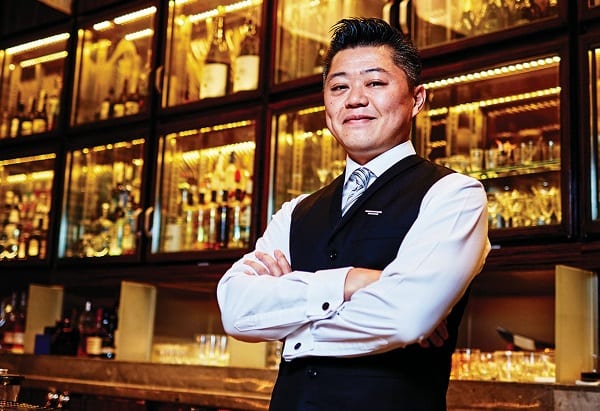
Tell us about the ingredients you use in your cocktails.
At Waku Ghin, we use a lot of Japanese spirits, sake, and whiskies that are exclusive to the restaurant. In fact, we carry a particular sake label that is available only to the Japanese Imperial family and us. A lot of the ingredients we use in Waku Ghin are also prepared on-site. For example, we have a ginger-infused vodka where we infuse dehydrated ginger with Smirnoff Black Vodka. Many bartenders use fresh ginger to prepare this infusion but I found the taste a bit too sharp so I decided to try dehydrating the ginger instead. Another concoction I have is dehydrated wasabi infused in gin. These blended spirits lend the cocktails we serve an added depth of flavour.
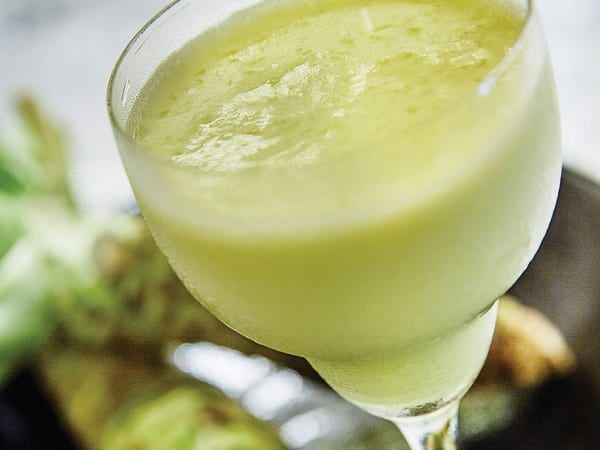
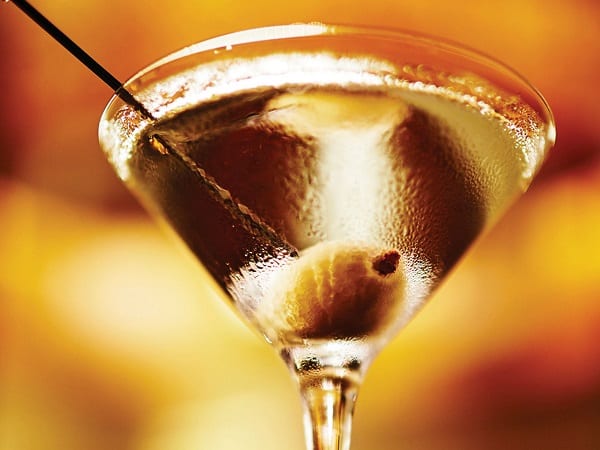
Tell us about your cocktail-making philosophy.
A mixologist’s role can be compared to that of a chef’s. Whatever cocktail I create is an idea that I want to pass on to the customer. With Japanese cuisine, we try to be as minimalist as possible so as to let the ingredients speak for themselves. This is what I try to achieve with my cocktails as well. A lot of modern cocktails tend to come with too many ingredients, so much so that you can’t quite place what exactly you’re tasting.
What are some of the main characteristics of Japanese cocktails that make them different from other cocktails?
I believe minimalism is part and parcel of Japanese culture – you see it in everything, from our art and design to even our tea ceremonies. Japanese cocktails are typically bereft of bells and whistles; instead, it aims to bring out the inherent beauty of the main ingredient.
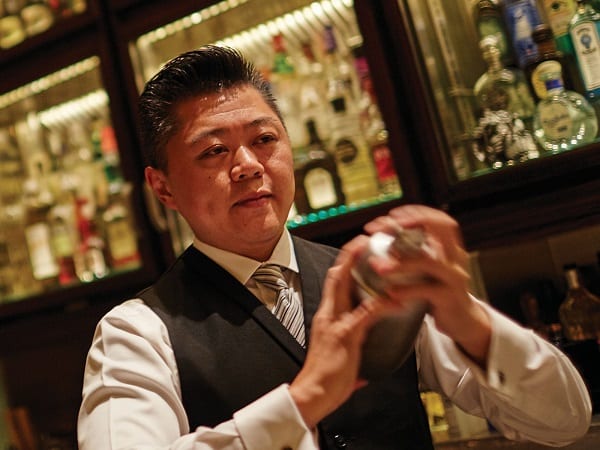
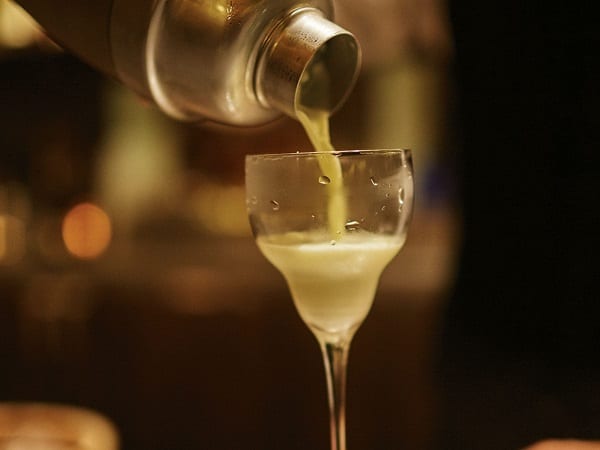
Waku Ghin
L2-01, Atrium 2, The Shoppes at Marina Bay Sands, Tel: 6688 8507
Yutaka Nakashima Head Bartender,
Elixir Bar at KUVO
KUVO is a brand new multi-concept lifestyle space in the heart of Orchard Road, and heading up its bespoke bar is the enigmatic Yutaka Nakashima. With over 16 years of culinary and bartending experience under his belt, this cocktail maverick believes in conjuring “intellectual” tipples that never fail to keep guests wondering just what special ingredients were put in their drink.
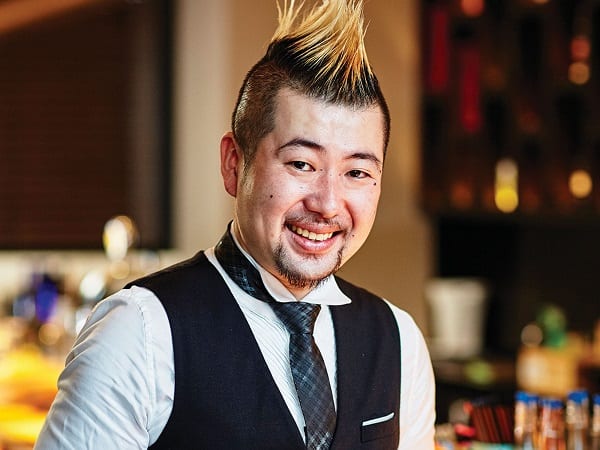
Tell us about your cocktail-making philosophy.
I always use fresh ingredients that are in season, and create bespoke cocktails that allow the characteristics of each ingredient to come through.
What sort of Japanese ingredients or liqueurs do you use in cocktails?
We use ingredients such as sakura liqueur, wasabi, and shiso leaves, along with a slew of internationally sourced ingredients to showcase our bespoke capabilities at the bar.
What are some less known facts about being a mixologist?
Most people have the impression that bartenders usually prepare cocktails based on past recipes. This is not always true, particularly for a bespoke bar like Elixir Bar. Every cocktail we make here is created on the spot. There are many influences that we consider, from what the guest is eating to the mood he or she is in. We make adjustments to the cocktails, because the same drink can taste different with food and even mood variations.
Your background also includes experience as a chef. How does that translate to your work as a mixologist?
I know many bartenders who actually enjoy cooking. Cooking and bartending are similar in many ways, since both involve stimulating the five senses to ensure that guests enjoy a memorable experience.
Tell us about some of the more unusual ingredients that you have used in your cocktails.
Having been in this trade for about 17 years (including 10 years in Singapore), I am lucky to have had the chance to work in several countries and experimented with many unique local ingredients. Some unusual ingredients I have worked with include blue cheese, soya sauce, sesame oil, and vinegar.
Given your international working experience, tell us about people’s palates when it comes to cocktails.
I think culture and lifestyle are the biggest determinants in palate preferences when it comes to cocktails. For example, a Japanese living in Japan will prefer something more sour and less sweet. Also, a vegetarian’s palate differs from that of a non-vegetarian, so they could drink the same cocktail but have different tasting notes.
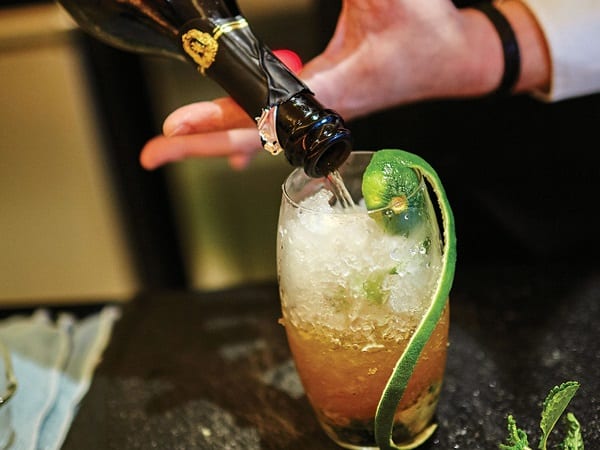
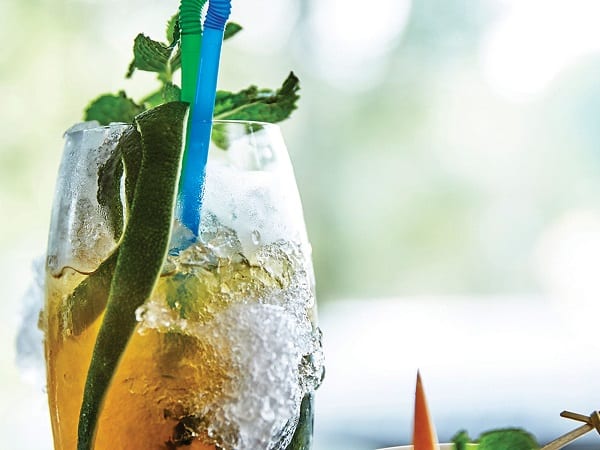
KUVO
321 Orchard Road, Tel: 6733 8272
Text Vanessa Tai Photography Raymond Toh/Vineyard Production

